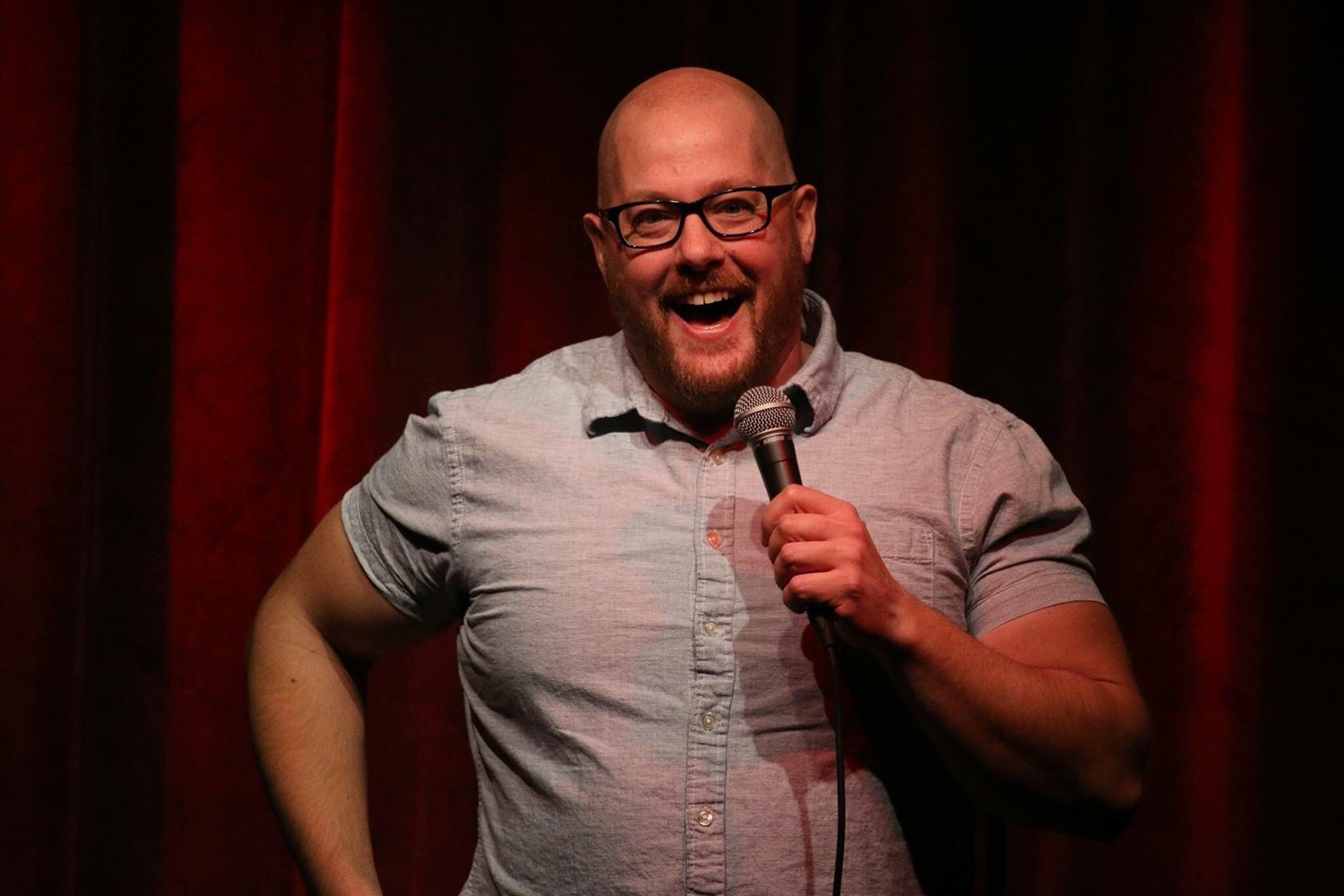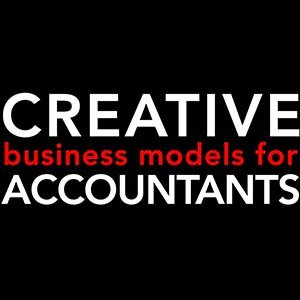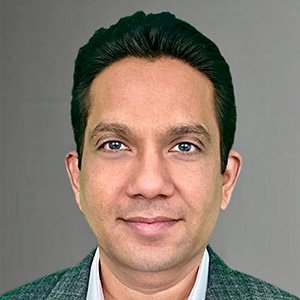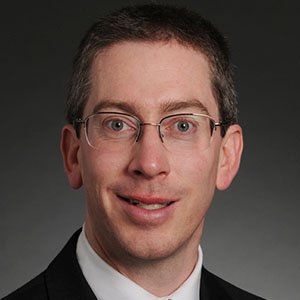[Editor’s Note: Some things are just too good not to share again. While our most ardent listeners are familiar with Episode #22, Scroogenomics, many may not be familiar with this specific show. This Friday is Black Friday in the United States which means it’s time - once again - to talk about why you shouldn’t buy presents. Bah, humbug!!!]
On Black Friday, and right before Cyber Monday—the biggest shopping days of the year—Ed and Ron thought it would be fun to discuss the interesting, funny, and thought-provoking book by Joel Waldfogel: Scroogenomics: Why You Shouldn’t Buy Presents for the Holidays.
The author makes the case that the deadweight loss to the economy from gift giving, in 2007, totaled $12 billion, out of approximately $66.5 Billion spent (about 12%). Citizens Against Government Waste would classify Christmas as a wasteful government program.
Gift giving severs link between buying decision and item’s value to its user—the transaction actually destroys value. To add insult to injury, we are obliged to pretend to be grateful!
His complaint is not the level of spending or the consumption, but the waste.
We discussed the four ways you can spend money in the economy:
Former Congressman Dick Armey pointed out how difficult spending is in Category II (Gift), let alone Category IV (Government):
Every year, I worry and fret select the right birthday gift for my wife, Susan. Every year, try as I might, I manage to choose the wrong thing. If I can’t figure the needs and desires of the one person who is closest to me in the world and who I deeply love and care for, how can we expect the government to do a better job?
Three groups spend other people’s money: children, thieves, politicians. All three need parental supervision.
Hierarchy of value of gift giving
Aunts & uncles & grandparents = 75%
Parents = 97%
Friends =91%
Siblings =99%
Significant others = 102%
Further, we spend approximately 2.8 billion hours shopping in December. To put that number in context, the old USSR—before it imploded—spent 35 billion hours annually standing in line for everyday products and services.
Infographic from Deloitte’s 2018 annual holiday survey
Economist Ian Ayres said this about Waldfogel’s book:
Joel Waldfogel is one of the smartest and funniest economists on the planet. I think of him every time I start to unwrap a present. Buy Scroogenomics for your friends and family. It makes the perfect Christmas gift.






























